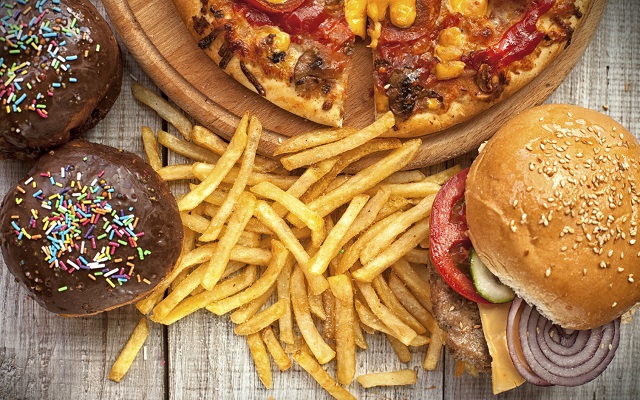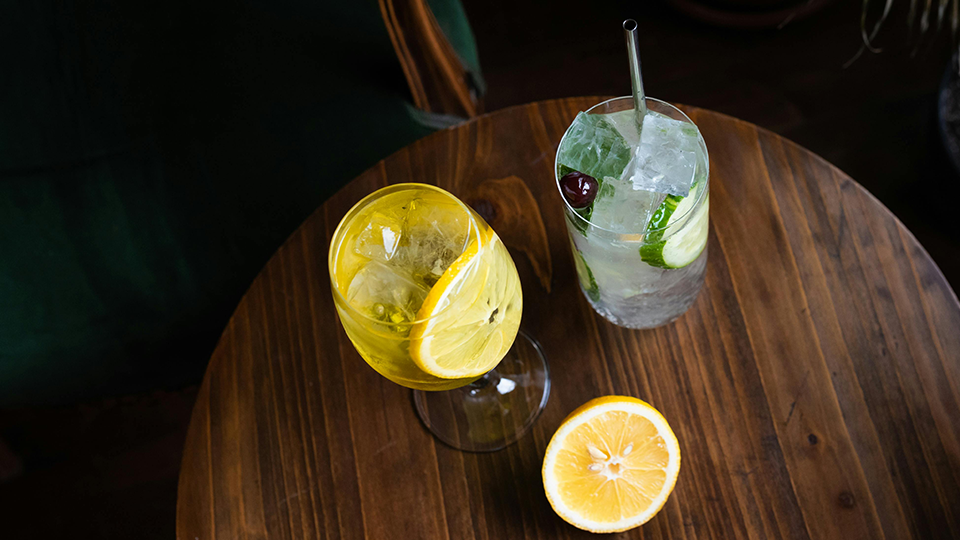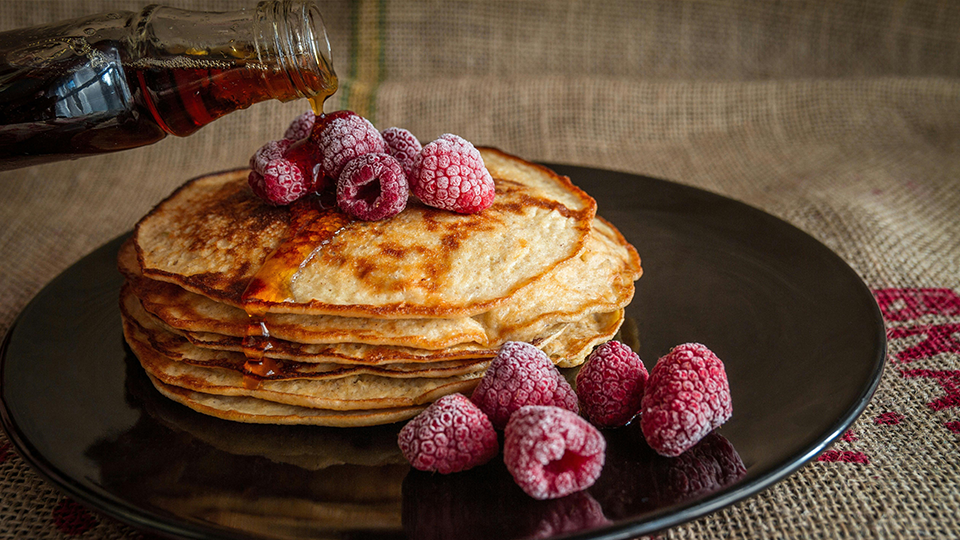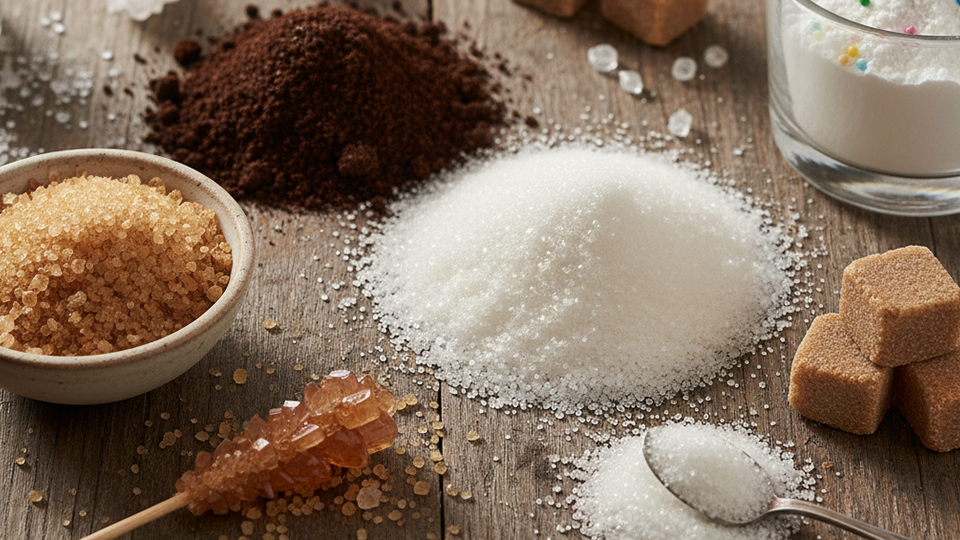People like the taste of junk food. When looking at the basic composition of foods like macaroni and cheese, pizza, French fries, and fried chicken, they are generally fatty, starchy, and almost always salty. Fat and carbohydrate intake offer us energy, yet salt is energy-free.
Interestingly, a person’s salt appetite is one of the few instinctive food cravings that doesn’t relate directly to acquiring calories. In addition, salt is one of the few essential minerals we can taste at the concentrations normally found in food.
To investigate the effects of both fat and salt on food intake, and the effects of fat-taste sensitivity on fullness responses to fat with salt, scientists randomized 48 adult volunteers to four groups and fed them a standardized breakfast, followed by an experimental lunch of elbow macaroni and sauce.
The sauce was manipulated to either be: low fat/low salt; low fat/high salt, high fat/low salt; high fat/high salt. The groups then ate other versions of the sauce on subsequent days in a crossover design. During each lunchtime session, the subjects ate as much as they wanted of the experimental lunch while the scientists recorded their calorie intake.
Not surprisingly, the subjects who ate the high-fat pasta consumed 60 percent more calories. Subjects who ate more salt also increased their calorie intake by a smaller, yet still significant 11 percent in both groups that either ate sauces that were low or high in fat.
This simple study demonstrates that salt in food does, in fact, lead people to increase their calorie intake. The results suggest that even non-caloric reward factors can indirectly increase a person’s calorie intake when added to foods.
While salt is an essential nutrient that must be obtained daily, the new research suggests that a too-high amount can lead to overeating portions leading to overweight and obesity. It’s yet another reason to avoid overly salty food for reasons unrelated to sodium’s link to higher blood pressure—it’s not going to help in achieving weight-loss goals.
When cooking, salt as a main seasoning can be avoided through use of herbs and wide selections of spices and even use of different vegetables. For example, use of various root vegetables like garlic, onions, carrots, and ginger not only add flavor, but also add nutrient value.
References
Bolhuis DP, Costanzo A, Newman LP & Keast RS. Salt Promotes Passive Overconsumption of Dietary Fat in Humans. J Nutr. 2016 Mar 2. pii: jn226365. [Epub ahead of print]





